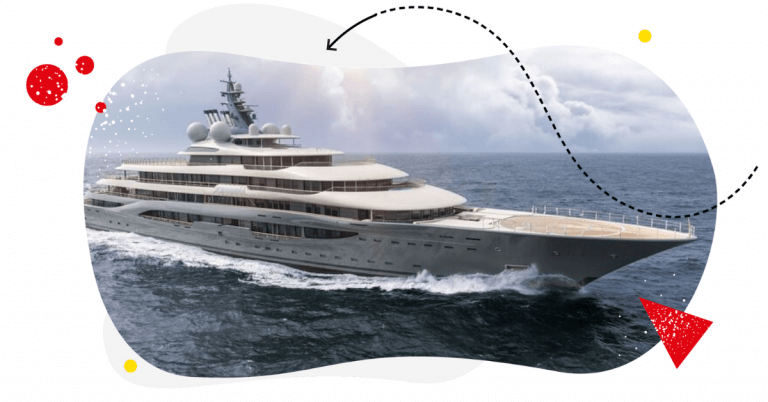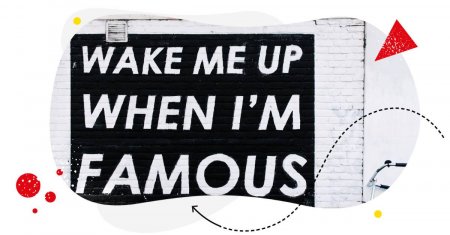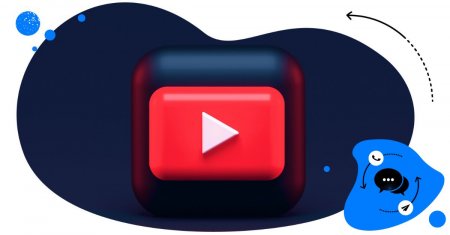I must admit I came across the Yachts For Sale YouTube channel by accident when looking for something else on YouTube. Although I live far away from the sea and never really sailed, I instantly got hooked.
After watching several videos, my professional curiosity kicked in and I started wondering about how effective social media can possibly be in selling superyachts. It’s hard to imagine an object that symbolizes luxury more blatantly. And only the super rich can afford to buy an item with at least seven zeros on its price tag.
I decided to reach out to David Seal, the owner of the Yachts For Sale Blog and Yacht Broker with Northrop & Johnson who runs the channel, and ask him a few questions about the business and social media. It turned out to be a pretty dramatic love story with a twist written by the 2008 financial crisis. As if that weren’t enough, Vladimir Putin plays an important part in it. So, here’s a summary of my conversation with David. Enjoy!
Greg: What made you choose a career in the yachting industry?
David: I moved to Italy in ’94 with a view to getting married. I started selling gift items to local shops and heard that a local businessman needed English lessons so I went to meet him. The local businessman was Norberto Ferretti, the founder of Ferretti Group.
I not only started giving him regular English lessons but I also tried to make myself useful around the company and in the next 12 years went on to become Sales Manager at the CRN & Custom Line shipyards when they became part of the Ferretti Group. This gave me a good overall knowledge of yacht building, a healthy network of yacht owners and Captains, and a taste for yacht sales so when I became a broker in 2006.
Greg: What is the difference between a yacht, a superyacht, and a gigayacht?
David: There is no hard and fast rule on this, but generally speaking people will refer to a yacht if it is up to around 30 meters long, a superyacht up to about 100 meters, and a gigayacht over 100 meters.
Greg: What inspired you to start a super- or gigayachts channel on YouTube?
David: Necessity is often the mother of invention. The financial crash of 2008 was very damaging to the yachting industry and the effects lasted for many years. I spent a lot of time trying to figure out a more effective way to promote the yachts that I represented for sale. During that time period, it was becoming easier to watch English television at my home in Italy due to websites such as FilmOn. I binge-watched shows like Top Gear, Location Location Location, and Grand Designs, whilst at the same time observing the growing trend for promoting yachts through video as YouTube and Vimeo started to become more popular. I guess the sharp contrast between the engaging television shows and the relatively boring yacht videos made me reflect on the importance of having a human narrator to comment on a product, and to tell a story around it. I have always been quite confident speaking in public, so in 2012 I decided to try to produce a television-style video in which I presented an 82’ Sunseeker Predator called “Low Profile”. The results were immediate, and I received a huge number of qualified enquiries for the yacht. Over the next 5 years, I experimented with YouTube videos but did not take it seriously until January 2017, when I started to focus on building the Yachts For Sale channel into a significant yacht marketing platform.
Greg: In your marketing strategy, what role does YouTube play? Is it meant to reach your target audience and generate sales or rather build brand awareness and reach within a very broad yachting and luxury goods fan community?
David: Building the Yachts For Sale YouTube channel is without a doubt my primary focus. It has completely changed the way that I work and frankly, I am more effective now than I have ever been. Rather than working as a lone wolf in a very large brokerage company as many yacht brokers do, I have started to share opportunities with other members of the team so that they can follow up on leads whilst I concentrate on doing something I am really good at; producing promotional videos of yachts. Northrop & Johnson, the brokerage to whom I am contracted, is very supportive of this and has become one of my channel’s biggest sponsors.
The purpose of the Channel is most definitely to generate sales rather than to build brand awareness. Remember though that I need to find clients on both sides of a deal, so I need to find buyers but I also need to find sellers. Most yacht owners who want to sell their yacht understand the importance of a strong online marketing strategy and I have won pitches to be awarded the exclusive Central Agency for some sizeable yachts solely due to my online presence on YouTube. When those yachts sell, and I’m happy to say that most of them do, I am very aware that I probably would not have had the opportunity if my YouTube channel did not exist.
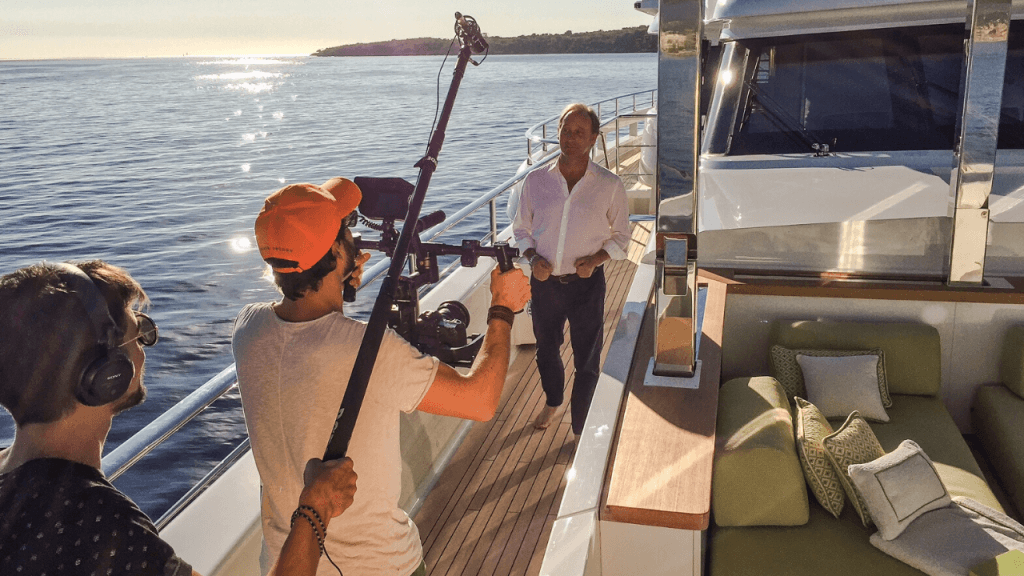
Greg: Do you really get sales leads from YouTube? It’s a bit hard for me to imagine a billionaire surfing YouTube who accidentally finds your video and thinks “Hmmm…. how about getting one of these”?
David: There is no doubt that Billionaires do surf YouTube, I am fortunate enough to know a small number of billionaires and a larger number of multi-millionaires. They drive nicer cars, have bigger houses, own yachts, travel by private jet, but they all live on the same planet as us and have access to the same remarkable information highway; the internet. They watch the same football matches as we do but they watch from a private box. They eat fish, meat, and veggies but they may have a private chef to cook for them. They contract the same illnesses as anybody else but can afford the best medical care. And you know what? They watch YouTube but their computer is probably newer and more powerful than the average persons.
Although the vast majority of my viewers are not in a position to buy a luxury yacht, it should not be surprising that a number of UHNWIs (Ultra-High Net-Worth Individuals) also watch and regularly contact me. If you consider the journey that a wealthy person may take that leads them to buying a yacht, it may start at a Boat Show or a private invitation to view a yacht from a broker but most people, in fact especially wealthy people, are impatient to find out more about something that they want to buy. In the past, hard copy print such as Boat International magazine used to satisfy this demand, but today people will immediately go online to find out more about any product be it a cellphone, a beauty product, or a yacht. Google, of course, is usually the first port of call in this search, but since Google owns YouTube you can be sure that it won’t take them long to find my videos.
Greg: Yachts For Sale is also present on Facebook, Twitter, and Instagram. However, you’ve built by far the biggest community on YouTube. Why does this platform work so well for your business?
David: YouTube distinguishes itself from other platforms because it is a search engine. People use Facebook, Twitter, or Instagram because they are interested in current events, what their friends are doing, or what some celebrity has to say. People use YouTube for a completely different reason; they use it because they are looking for something specific, whether that is a review of a video game or a tutorial on how to play the guitar. I am proud to say that my channel dominates the “Yachts For Sale” search parameter on YouTube and anybody with a strong interest in yachts who uses the YouTube platform will very quickly find my videos.
The other strong advantage that YouTube offers is that it is owned by Google. If I publish a video that is viewed a million times, the google search engine will pick up on a successful YouTube video very quickly and will reward it with premium positioning. Many of my yacht walkthrough videos feature at the very top of page 1 on google for search parameters involving that specific model of a yacht. From a purely commercial perspective, it does not matter whether any of those million views were from people who can afford to buy the yacht, the important thing is that when a wealthy individual is looking specifically for a “Mangusta 165 for sale” or a “Ferretti 960 for sale” he will find my promotional video before he finds any of my competitors material because I have a small army of viewers who are helping the video to get online exposure.
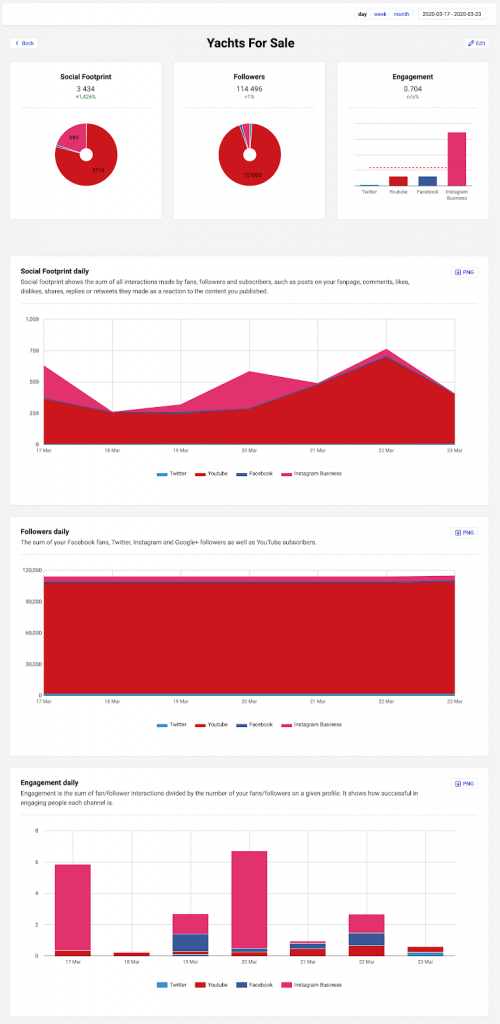
Greg: What is your biggest challenge in managing your business’s social media?
David: The greatest challenge has been to make it financially sustainable. It takes so much time and effort to build any social media platform that it really is a full-time job, and video production of luxury yachts is an expensive business often involving hiring helicopters and a film crew. My YouTube platform took off when Northrop & Johnson agreed to cover the costs of my videos, and since then I have been able to build a small but profitable business around it.
Greg: Can you share the funniest or most bizarre situation you’ve had to deal with on your social media channels?
David: Many of the comments on my YouTube channel can be funny, and sometimes even bizarre. Viewers have likened me to all kinds of people, but the one that keeps coming up is Vladimir Putin. I will often browse through the comments section and almost every day somebody new has decided to make a comment about Putin having a side-hustle as a Yacht Broker. This usually puts a smile on my face. Usually…
Greg: Thank you, David!
To me, personally, the biggest lesson from this story is how inspiring and motivating difficult circumstances, such as the 2008 financial crisis, can be. In such moments, social media turns out to be the land of almost endless opportunities for all kinds of businesses, regardless of niche. It’s mostly thanks to the universal popularity of social media among virtually any group of consumers – but also because it’s relatively easy to get started with a brand presence on social media, even for non-techies.
I’m writing up this conversation in the midst of the Coronavirus pandemic as I’m watching many of my friends fighting for the survival of their businesses. Many of them find social media – and Facebook in particular – to be, at least to some extent, a lifesaver, seeing how social platforms make it possible to almost instantly move sales, order collection, and customer service from their restaurants and shops to digital channels.
I hope you’ll find David’s story and his success inspiring. Good luck!
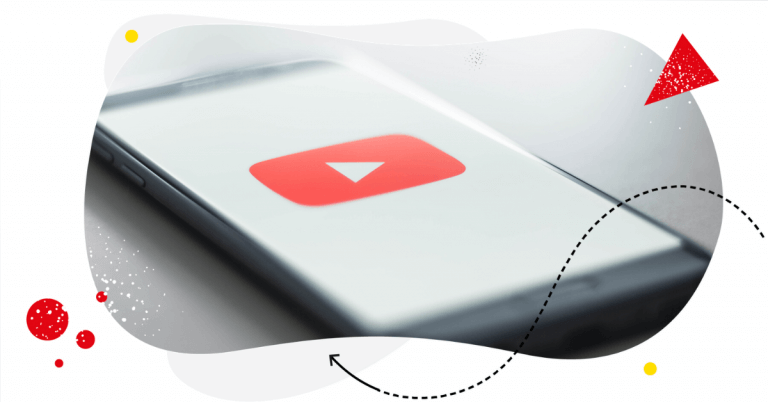
Master social media marketing
Manage unlimited Facebook, Instagram, Twitter and LinkedIn pages in a single inbox. Track competitors and improve performance using simple dashboards. Make social media sell for you.
Try NapoleonCat free for 14 days. No credit card required.

